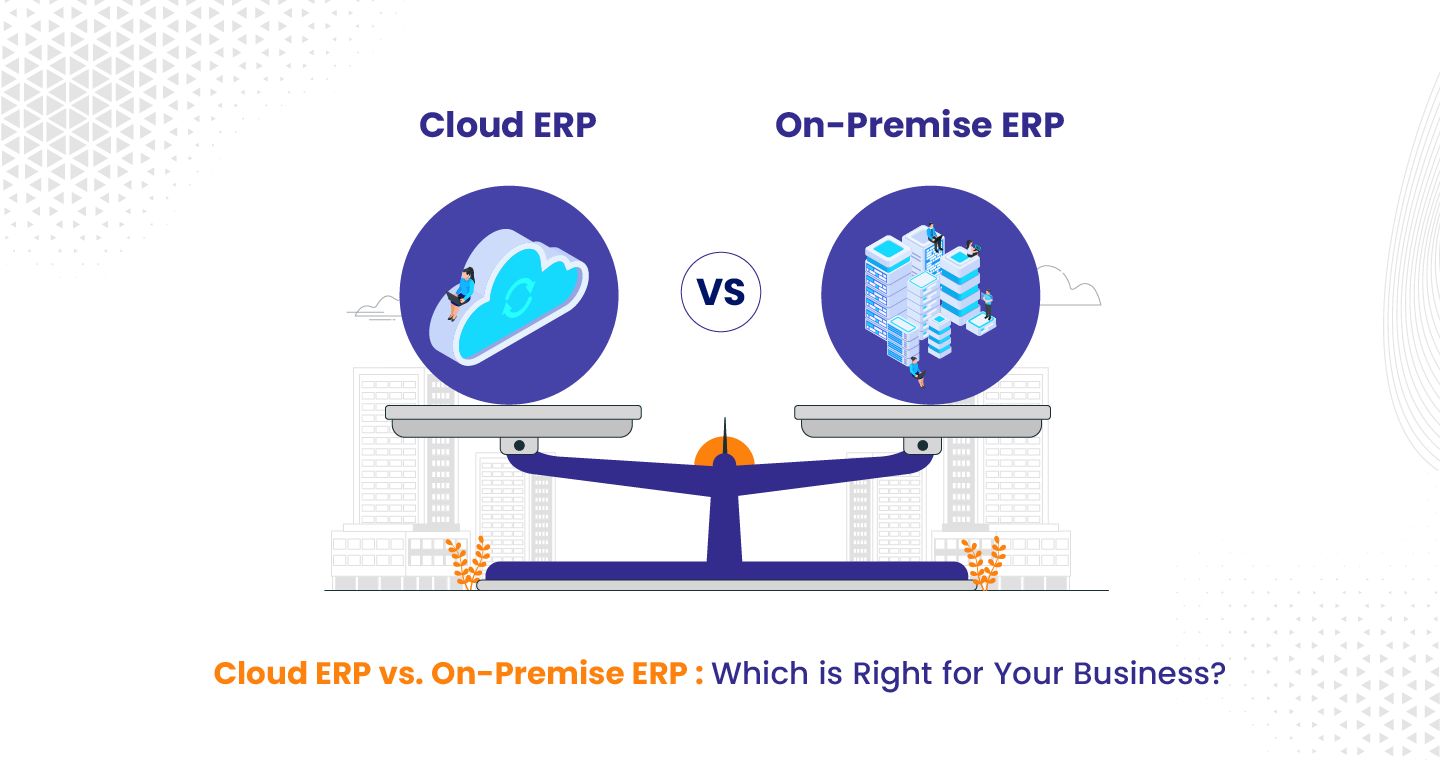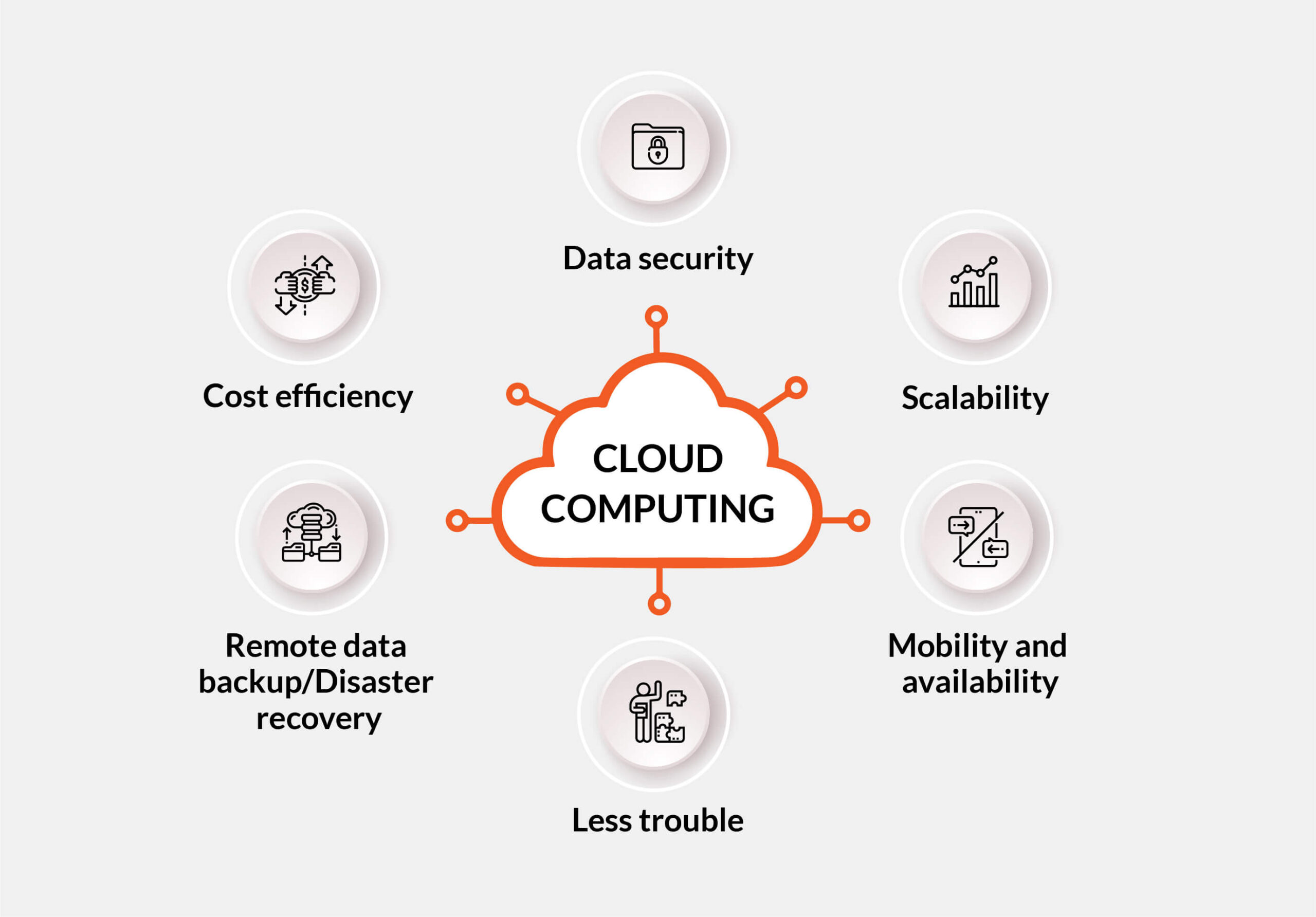As businesses navigate the complexities of digital transformation, the decision between cloud-based ERP (Enterprise Resource Planning) and on-premise ERP systems is becoming increasingly important. While both solutions aim to streamline operations, manage resources, and improve efficiency, the cloud has emerged as the clear frontrunner for modern enterprises. In this article, we’ll explore the key differences between Cloud ERP and on-premise ERP, and why the future of enterprise solutions lies in the cloud.
CAPEX (capital expenditure) to OPEX (operational expenditure)
One of the most significant differences between Cloud ERP and on-premise ERP is the cost structure.
- On-Premise ERP: Requires significant upfront investment. Businesses must purchase hardware, licenses, and infrastructure to set up and maintain the system. Additionally, ongoing costs for maintenance, updates, and IT staff can quickly add up, making on-premise ERP solutions expensive to sustain.
- Cloud ERP: Operates on a subscription-based model, eliminating the need for large upfront capital expenditures. Businesses pay for what they use, making it a more flexible and affordable option. Cloud ERP also reduces maintenance costs since the service provider handles updates, security, and infrastructure management.
This shift from CAPEX (capital expenditure) to OPEX (operational expenditure) allows businesses to allocate their budget more efficiently, focusing on growth and innovation rather than maintaining aging IT infrastructure.
Accessibility and Remote Work
With the rise of remote work and distributed teams, accessibility is more important than ever for modern enterprises.
- On-Premise ERP: Access to the system is often limited to devices connected to the company’s network, making it difficult for remote teams or employees to access critical information and collaborate effectively.
- Cloud ERP: Provides 24/7 access to the system from anywhere in the world with an internet connection. This means employees can work remotely, collaborate seamlessly, and access real-time data, ensuring that the business continues to run smoothly even when team members are not physically present in the office.
Cloud ERP supports the flexibility and mobility required by today’s dynamic work environments, making it an ideal solution for businesses with remote teams or multiple office locations.
The Future is in the Cloud
While on-premise ERP systems were once the standard for enterprises, the shift toward cloud ERP is undeniable. The cloud offers greater flexibility, scalability, cost efficiency, and security, making it the ideal solution for businesses looking to stay competitive in a rapidly changing market.
By embracing cloud ERP, businesses can future-proof their operations, reduce IT costs, and gain access to real-time data and insights that drive innovation and growth. In an era of digital transformation, cloud ERP is no longer just an option—it’s the future of enterprise solutions.



